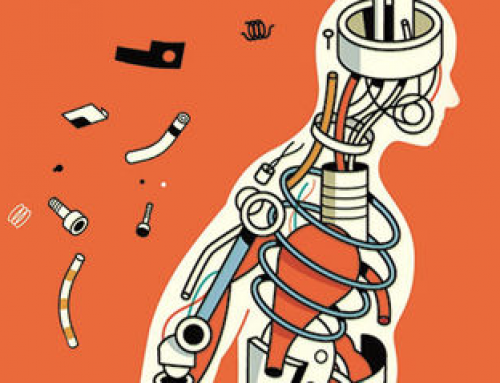 As Mary has so eloquently described in last month’s blog, our business has suddenly doubled in size. Admittedly this has involved the addition of only one more person to the Bats team but it offers insights into the challenges, as well as the opportunities for synergy and collaboration, the growth of any organisation presents.
As Mary has so eloquently described in last month’s blog, our business has suddenly doubled in size. Admittedly this has involved the addition of only one more person to the Bats team but it offers insights into the challenges, as well as the opportunities for synergy and collaboration, the growth of any organisation presents.
Take for example, inducting new people into the existing systems and structures that the organisation runs on. I have been ‘teaching’ Mary the various ways I have been managing our business. Financial systems, recording and storing of information, and so-on.
A time-consuming and non-productive exercise?
The induction of a new person is often seen as a cost. Someone has to show them the ropes and they take time to reach a level of performance sufficient to pay their way. Instead it could be viewed as an opportunity to review, refine or even rewrite our systems and structures. In our case, these have been built purely ad-hoc with no real thought given to access by other people. This has created the need for a re-think.
During the induction process, we can be suddenly confronted by the beauty, and power to transform, of the naïve question. Consider the perfectly reasonable,
“Why is it done this way?” “Er, because……. that’s the way we’ve (I’ve) always done it.”
Not good enough! Or the cruel exposure of systemic deficiencies by an innocent enquiry like, “Where do I find the files for X?”
On the positive side the injection of new talent brings new knowledge, alternative perspectives and an increase in thinking power. When I am working with groups of people I am always mindful to encourage naïve questions. The naive question reflects honest curiosity. It is borne either from innocent ignorance, or from a fresh perspective. It challenges the ‘experts’ in the group to critically examine their own understanding, knowledge and mental models. It also has the potential to generate new insights or creative thinking. Cognitive psychologists Steven Sloman and Phillip Fernbach suggest, “When you are asked to produce a causal explanation you are forced to confront the gaps in your knowledge.” 1
Continuous improvement and indeed innovation, depend on new thinking and challenging the status quo. New people bring new ideas and perspectives from their life lessons and what they have learned in previous workplaces. So Instead of just ‘assimilating’ them into our way of working we can help them feel valued and create value for our organisation by allowing them to contribute the minute they start work!
- Steven Sloman & Phillip Fernbach (2017). The Knowledge Illusion: The myth of individual thought and the power of collective wisdom.
Thanks
Lab and Mary Wilson (the Bats Team)






Leave A Comment